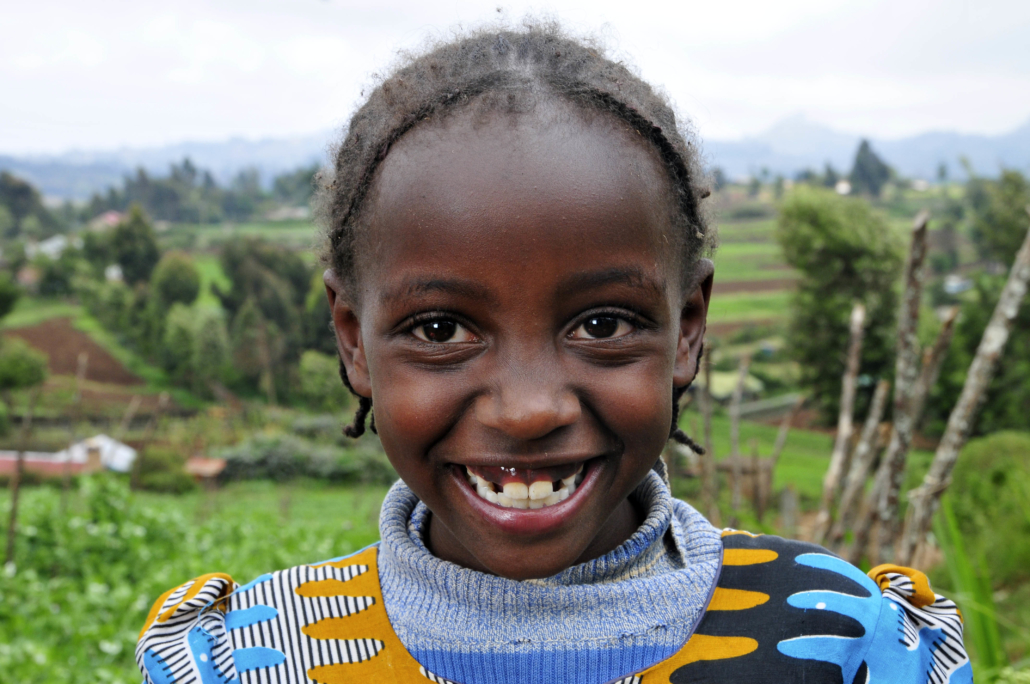ZanaAfrica Focuses on Improving Menstrual Health in East Africa
 Menstrual health products are fairly expensive across the globe. Safe measures of menstrual health in East Africa are difficult to come by since many women cannot afford to purchase feminine hygiene products, which often cost approximately half of their daily pay. ZanaAfrica is working to combat this injustice by providing sanitary pads and education regarding menstrual health.
Menstrual health products are fairly expensive across the globe. Safe measures of menstrual health in East Africa are difficult to come by since many women cannot afford to purchase feminine hygiene products, which often cost approximately half of their daily pay. ZanaAfrica is working to combat this injustice by providing sanitary pads and education regarding menstrual health.
The Problem with Menstrual Health in East Africa
Due to the exorbitant cost of menstrual health products, girls in Africa often have to resort to using potentially unsafe means of coping with menstruation. Some young women use cloths and rags to deal with menstruation, but they also use unconventional approaches such as twigs, mattress stuffing and even mud. These practices founded out of necessity can have detrimental impacts on the health of adolescent girls. Infections and diseases can result from these measures.
Additionally, female students are likely to miss school as a result of menstruation. Due to stigma, lack of hygiene products and harassment, many girls are unable to attend school during menstruation and miss up to 20 percent of school days as a result. Another aspect affecting adolescent girls is the pain and discomfort associated with menstruation.
Sexual and reproductive health education is lacking in Kenya. In an interview on March 25, 2019, Linda Curran, the Senior Communications & Development Consultant at ZanaAfrica, told The Borgen Project, “Their lack of access to SRHR educational resources exacerbated by the negative external pressures they face leaves girls susceptible to inaccurate information and unsafe influences that often hold deep and lasting negative implications for their sense of voice and agency, their confidence and self-determination, their sexual activity and health, and their education.”
In Kenya, 50 percent of girls cannot openly discuss menstruation at home. Additionally, 68 percent of schools do not have a private area for adolescent girls to address their hygiene needs.
An Organization Helping Improve Menstrual Health in East Africa
Based in Washington D.C., ZanaAfrica is a nonprofit organization that provides sanitary pads and menstrual health education to girls in Kenya. Its efforts in Kenya center around the town of Kilifi, along the East African coast. Kilifi was home to 1.2 million residents as of 2012. Since then, its population has grown.
A large portion of the population in Kilifi, 47 percent, is under the age of 15. In addition, compared to the national average, fewer students enter secondary school. Kilifi also has staggering numbers of violations of women’s rights, including high incidences of teen pregnancy, child marriage and sexual predation. In Kenya, 527,000 girls are child brides. The work of ZanaAfrica in Kilifi is pivotal in providing positive changes for the adolescent girls of Kilifi.
Supplementing sanitary pads, ZanaAfrica also has a publication aimed at educating girls about their changing bodies, Nia Teen. This magazine has a rights-based focus and ZanaAfrica distributes it alongside its health education program, Nia Yetu.
ZanaAfrica is truly making a difference in Kilifi with programs educating nearly 4,000 girls regarding their sexual and reproductive health. Also, the organization distributed 35,600 sanitary pads to the girls of the region. With Nia Yetu, ZanaAfrica is extending its reach by working with World Vision and The Kenyan Ministry of Health to provide sexual and reproductive health education in 40 schools that will reach a total of 1,600 girls.
ZanaAfrica accepts donations to further its mission of providing adolescent girls with access to sanitary products and eliminating the taboo surrounding menstruation. While ZanaAfrica only sells its sanitary pads in Kenya, the organization’s brand partner, Cora, is available in the United States. A portion of each purchase helps support the work of ZanaAfrica in Kenya.
– Carolyn Newsome
Photo: Google
